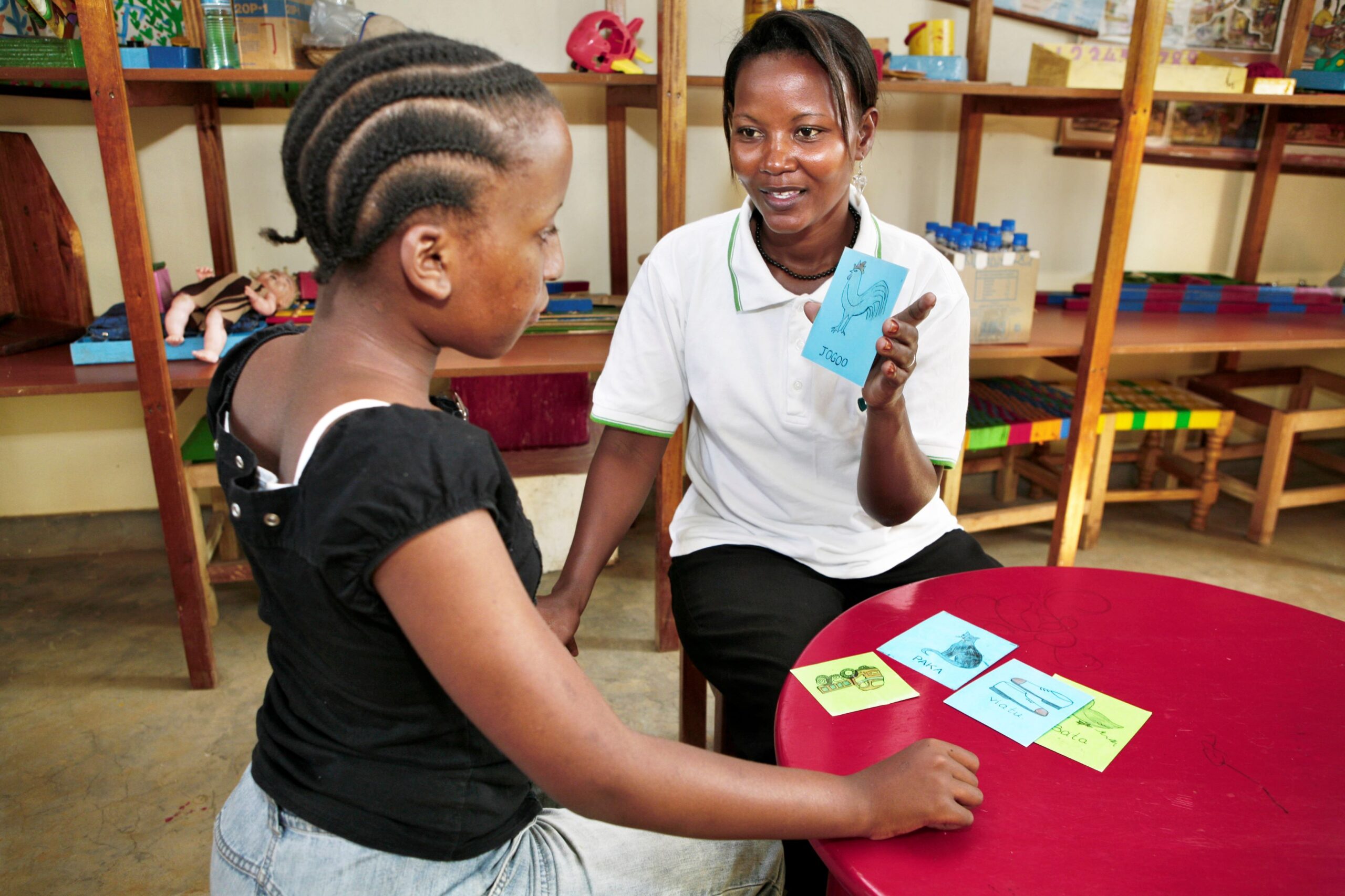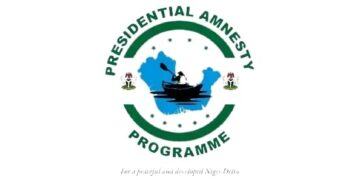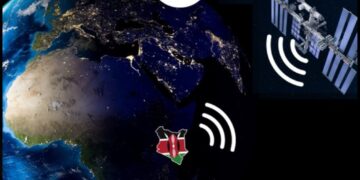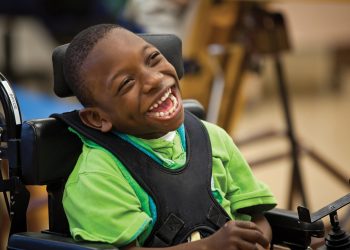
Autism Spectrum Disorder (ASD) is a multifaceted neurodevelopmental disorder that manifests severe impairment of reciprocal social communication, non-verbal communication, and repetitive patterns of behavior. However, there are still a number of misconceptions relating to ASD, which results in a stigma around the disorder and little support that individuals who are affected really need. However, in Africa, especially in Nigeria where healthcare and educational resources are often scarce, the challenges of catering to autistic children are multiplied. Nonetheless, with knowledge, cultivation and NPR initiatives, there is a likelihood of a more inclusive and employing atmosphere for the ASD burdened people.
Understanding Autism Spectrum Disorder
It is important to know that ASD is a complex disorder that can manifest with various signs and symptoms, which may differ in intensity from one person to another. Some persons with ASD may have outstanding talents in specific aspects, whereas some may have impaired pragmatic functioning. It is critical to comprehend the many faceted symptoms in ASD so that the right kind of help can be offered.
Challenges in Africa
There is low knowledge of ASD among the populations in Africa meaning that diagnosis is usually done very late and there are also very few professionals specialized in ASD. Moreover, there are several socio-economic factors that compound the problems affecting those with ASD and their families. Lack of proper healthcare, education, and support systems, exacerbate the challenges of providing adequate care for ASD.
Government Policies and Implementation
However, there is still a lot of work to be done in most African countries to meet the needs of those with learning disabilities , especially those with ASD. In Nigeria for instance, while there are policies regarding persons with disabilities, their effectiveness is still wanting, due to various factors such as lack of resources and facilities to put into operation those policies.
Proactive Solutions
Awareness and Education: Stigmatization can however decrease through sensitization which can be done through community outreach programs, workshops, and media on Autism Spectrum Disorder.
Early Intervention:
Hence, it is vital to perform the diagnosis during childhood and as soon as possible, especially for individuals with ASD. Education of healthcare professionals in relation to early signs of ASD, as well as attempting to ensure that families have access to early intervention services, can make a huge difference in the long run.
Inclusive Education:
Applying the globally recommended policies of inclusive education can lead to the improvement of students with ASD academic and social performances. This encompasses offering accommodation like special education teachers, therapists, and special equipment within mainstream classrooms.
Support Services: Support services such as therapeutic, vocational, and foster care services may benefit persons with ASD, as well as their families, and enhance the quality of life for everyone. These important services can be created and financed through the efforts of governments and non-governmental organizations.
Empowerment and Advocacy: Ensuring that individuals with ASD and their families are able to assert their rights and gain equal opportunities is crucial. Therefore, letting their voices be heard and the push for policy changes, the youth can bring in positive systemic changes.
Conclusion
As highlighted in the paper, there are a number of barriers to supporting individuals with ASD in Africa, yet there is reason for optimism based on increased awareness, knowledge and action that is being taken to positively impact the lives of those with ASD. Education, service provision, and legislation should be tailored to ensure easy access to support services for those with ASD so that they can effectively be a part of the society. Finally, it goes beyond recognizing the inadequacies of policies formulated by the local government and engaging in search of effective measures to address the problem of persons with ASD. We can be the difference in the lives of those who are affected by ASD in Africa.
_____________________ I am Oluwadamilola Olukitibi Alawode, a Behavior Analyst with over ten years of experience working with children impacted by Autism, ADHD, Dyslexia, as well as their families. I am the Behavior Consultant at Therapy On Wheels LTD and the Clinical Supervisor at The Zeebah Place, Abuja. You can connect with me via my social media handles; LinkedIn: https://www.linkedin.com/in/oluwadamilola-olukitibi-alawode-rbt-qasp-s-iba-b0bb94b9?utm_source=share&utm_campaign=share_via&utm_content=profile&utm_medium=android_app Instagram: https://www.instagram.com/ambassdee


















































































 EduTimes Africa, a product of Education Times Africa, is a magazine publication that aims to lend its support to close the yawning gap in Africa's educational development.
EduTimes Africa, a product of Education Times Africa, is a magazine publication that aims to lend its support to close the yawning gap in Africa's educational development.